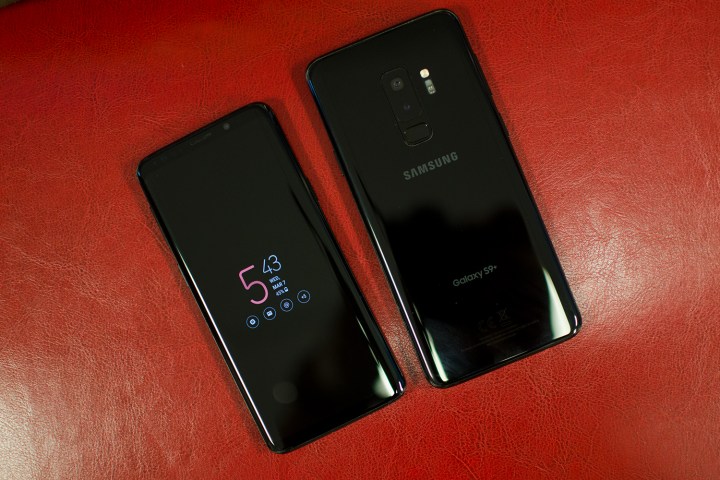
The smartphone industry could be in for troubled times ahead, according to Samsung’s readings of its financial results from the first quarter of this year.
Despite posting solid increases in revenue and profits as a whole, the majority of Samsung’s growth at the start of this year came from demand for its memory chips, which can power anything from servers to smartphones. Thanks to an increase in demand for these chips, Samsung has seen a rise of 20 percent in revenue and a 58-percent jump in operating profits.
Yet all may not be well for the smartphone industry as a whole. Despite the surge in the popularity of its chips, Samsung saw a drop in demand in more specific components for smartphones, a trend it attributes to an industry-wide slowdown in smartphone upgrades and a rejection of more expensive and premium smartphones by consumers worldwide.
It’s a trend we’ve watched grow over the past year. Demand for the iPhone X was below expectations according to multiple reports, and the latest figures suggest that Apple’s greatest-ever iPhone is being outsold by three-year-old iPhones. While that’s still business for Apple, it’s not a great look for the expensive iPhone X, and Samsung would have us believe it’s a trend that will grow over the next year in the mobile industry.
Samsung has seen a specific drop in the demand for flexible OLED panels, and a rise in competition from more traditional rigid LCD panels. OLED panels — which are required for displays with curved edges, like those seen in the Samsung Galaxy S9 — are generally associated with more expensive, premium smartphones, and a rise in competition from less technically advanced LCD screens signals an increase in demand for lower-priced models across the market.
As pointed out by others, innovation within the mobile market has slowed, and it’s getting harder for smartphone manufacturers to differentiate newer models from old. Add to that the general increase in quality and an increase in the lifespan of phones and it seems that most people are no longer seeing the need to upgrade as often as before. The pressure will be on companies with a large stake in the mobile business to prove why consumers need to spend their money on a new product.
As for Samsung, it seems that the electronics giant is well spread across the entire tech industry, and shouldn’t be too affected by a predicted slump in phone sales in the second quarter of the year. Still, it might be wise to expect discounts on the Galaxy S9 and S9 Plus going forward, as Samsung will likely hope to shift a few more of its newest phones.


